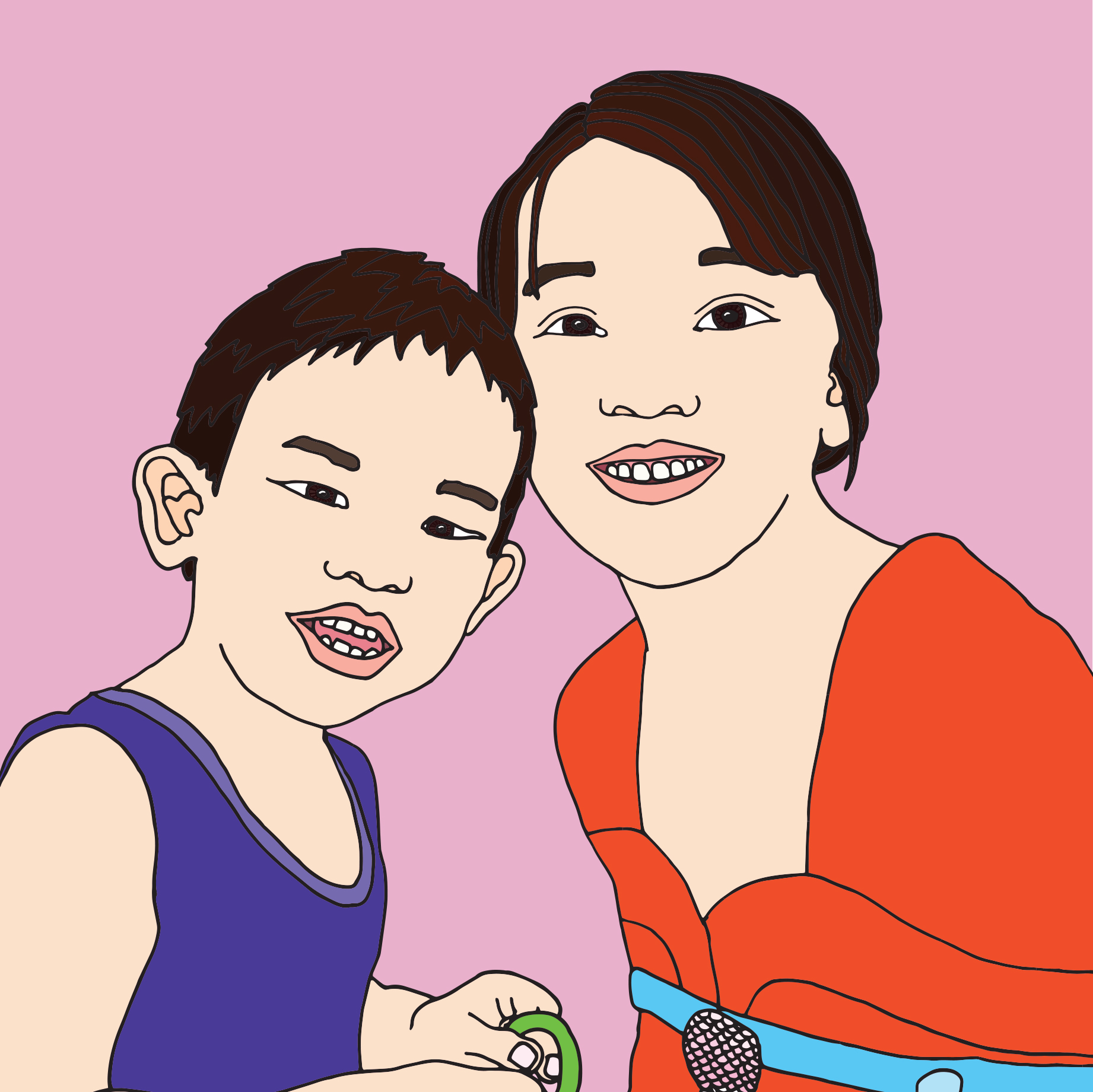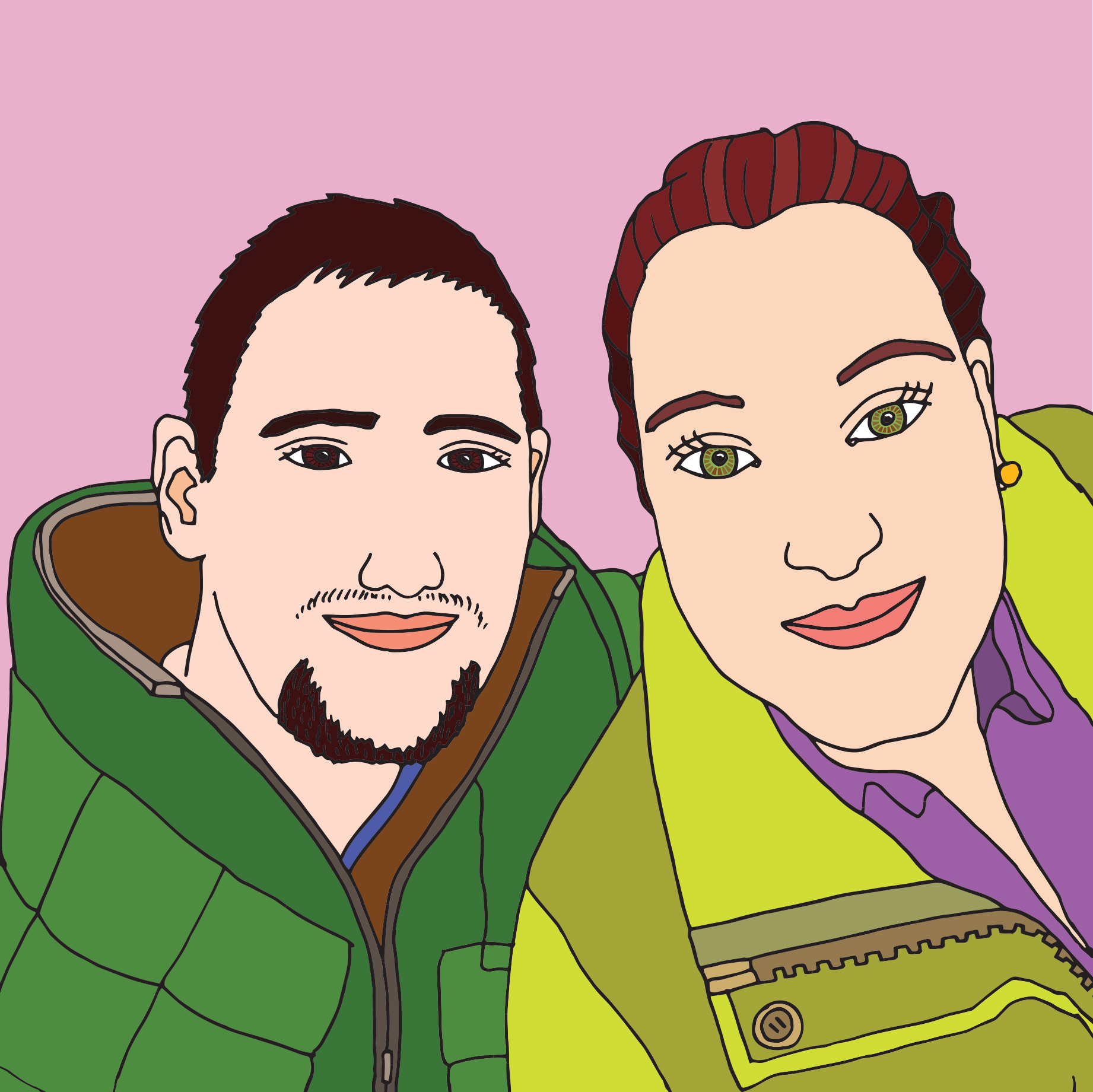Perinatal Mental Health: Understanding Perinatal OCD

Around 1% of New Zealanders live with OCD and the condition is more likely to occur during the perinatal period than other times in life.
WHAT IS PERINATAL OCD?
While depression and anxiety are mental health conditions that most commonly affect pregnant and postpartum people, perinatal OCD is a lesser known condition but it is not uncommon. It is where a parent experiences Obsessive Compulsive Disorder during pregnancy or in the first year of their baby’s life, either as a new occurrence or the exacerbation of existing OCD. According to Perinatal Anxiety & Depression Aotearoa (PADA), 1500 New Zealanders experience perinatal OCD every year and it can occur for both mothers and fathers, birthing and non-birthing parents.
OCD is characterised by two distinct occurrences: obsessions and compulsions.
Obsessions present as intrusive thoughts – something we all have from time to time. Essentially, they are unwanted thoughts that pop up in our mind and are usually disturbing in nature. However, for someone with OCD, instead of these uninvited thoughts passing through the mind and being quickly forgotten, they stick around and come up repeatedly, causing ongoing worry and distress.
For a parent with perinatal OCD, these intrusive thoughts often relate to their infant being harmed. It’s important to note that while the intrusive thoughts are just that – thoughts – they are distressing precisely because they aren’t what the mother or father wants to or would deliberately do. For example, a parent may have an unwanted thought about intentionally hurting their baby, or they may obsessively worry about accidental carelessness that could put their pēpi in danger.
As a result, the compulsions can occur. Compulsions are acts or behaviours that are performed to counter, relieve or prevent the outcome from the intrusive thought happening. For a mother or father with perinatal OCD, the compulsions take place to gain certainty that their baby is safe. Compulsions can be over-cleaning, for example, or avoiding doing certain things or going certain places with the baby to ensure they can’t be harmed.
Download Perinatal Anxiety & Depression Aotearoa’s (PADA) resource, Perinatal OCD – New baby, distressing repetitive thoughts here. Showing this brochure to someone you trust can be a helpful way to raise the subject.
SYMPTOMS
Each parent’s experience of perinatal OCD is different. However common themes or symptoms can be present, including:
- Continually worrying about their unborn or newborn baby being accidentally harmed.
- Continually having distressing thoughts about actively harming their baby, despite knowing they have no desire to harm their baby and wouldn’t ever act on these images or impulses.
- Repeating behaviours to prevent the unwanted or distressing thoughts from coming true, or doing actions to control the thoughts (i.e. excessively cleaning or constantly checking on the baby).
- Avoiding certain places or activities for fear of harming the baby.
- Having obsessive thoughts or doing compulsive actions that interfere with one’s ability to take care of the baby.
- Difficulty sleeping due to obsessive thoughts or acting on compulsions.
- Frequently needing to have a partner or support person nearby to carry out tasks associated with caring for the baby or as reassurance.
While these are common symptoms that may help you or someone who loves you to recognise that your distress may be caused by underlying perinatal OCD, a healthcare professional will need to formally diagnose the condition.
TREATMENT
It is normal as a parent to care about the wellbeing, protection and safety of your baby, but when these worries begin to interfere with your everyday life or are causing you mental distress, it’s time to seek help.
Perinatal OCD can be a very distressing condition but there is highly effective treatment available to help you or someone you love who may be experiencing it.
There are maternal mental health services and private clinical psychologists in Aotearoa who specialise in helping people manage OCD, explaining the cause of the obsessive thoughts and offering strategies to help manage the worries and compulsions that come with them. Exposure Response Prevention (ERP) therapy, mindfulness practice, and medication are treatment options that can help someone with OCD.

GETTING HELP
If you think you are experiencing perinatal OCD and feel comfortable confiding in your partner, family member, friend, you should tell them how you are feeling and what is happening. Alternatively, you can seek the support of a professional healthcare provider like your LMC or GP.
Many parents feel ashamed of the thoughts they are having and find it difficult to talk about what they are going through with perinatal OCD but it’s important to know that this is an experience of mental distress and having the thoughts does not make you a ‘bad’ parent – there is treatment available to help you.
If you are worried about someone you love and think they may have perinatal OCD, it’s best to ask them in a calm, non-judgemental way about their thoughts and behaviours. Gently suggest that they see a professional – rather than trying to force them into having an appointment – and explain how seeking support can help alleviate their experience of mental distress.
A GP or LMC can refer you or your loved one to the free maternal mental health service in your area. They will also be able to help you find a private psychologist with expertise in OCD treatment, if you can afford it.
MENTAL HEALTH SUPPORT SERVICES
If you think you have perinatal OCD, depression, anxiety or you aren’t coping with your mental health in any way, there is treatment and support available to you.
-
Speak to someone you trust like your husband, wife, partner, friend or family member about how you are feeling.
-
Visit OCD NZ at ocd.org.nz.
-
Visit Perinatal Anxiety & Depression Aotearoa at pada.nz. PADA have a wide range of free downloadable resources related to perinatal mental health on their website. Having one of their brochures on hand can be a helpful tool when raising the subject of your experience with someone you trust.
-
Call 0800 ANXIETY (0800 269 4389) to speak to a qualified counsellor for free 24/7.
-
Seek professional help – book in to see your GP or speak to your LMC or Well Child Tamariki Ora nurse about how you’re feeling.
-
Call 111 in an emergency.
-
Fixate is a Facebook-based community for Aotearoa New Zealand. You can join if you experience OCD or are supporting someone experiencing OCD.



